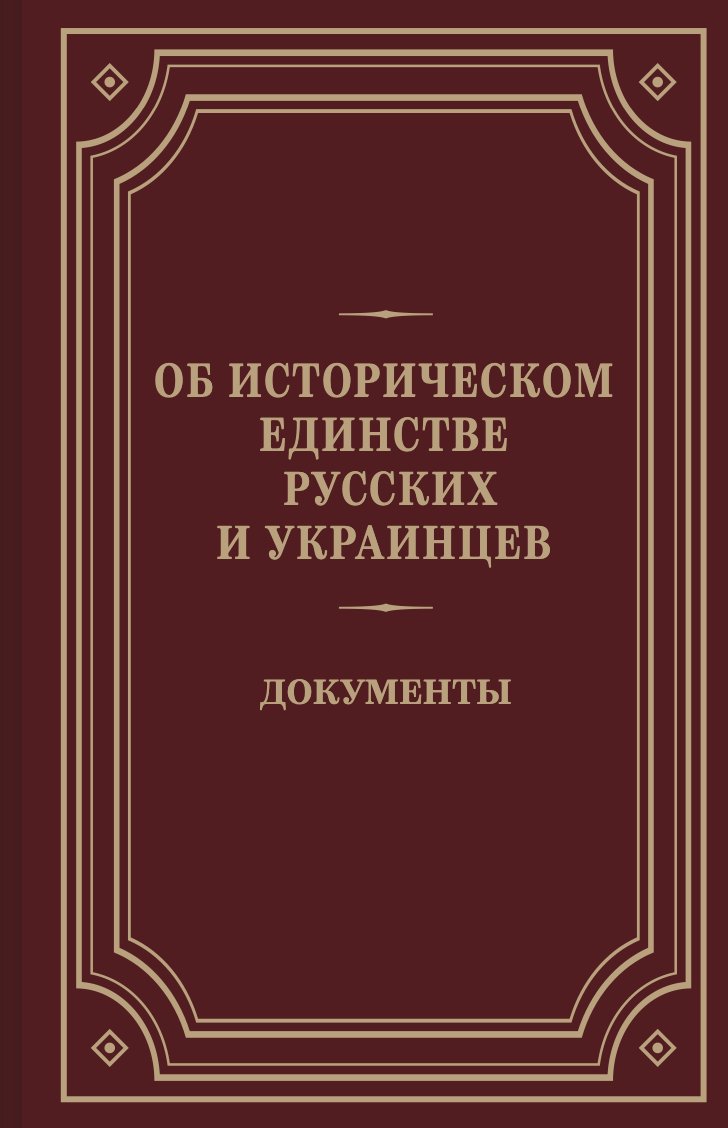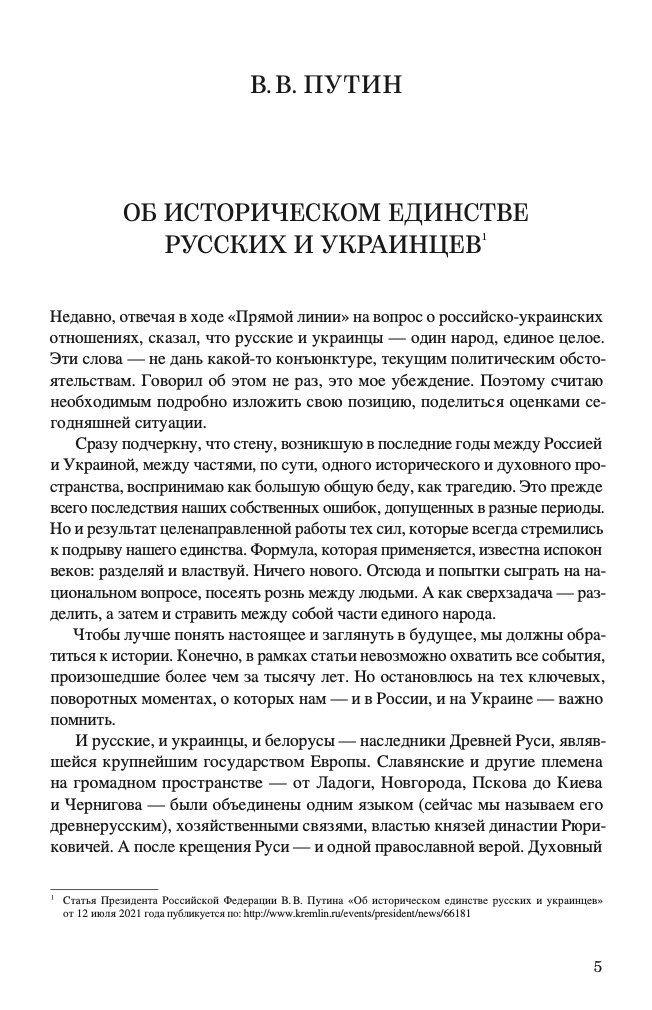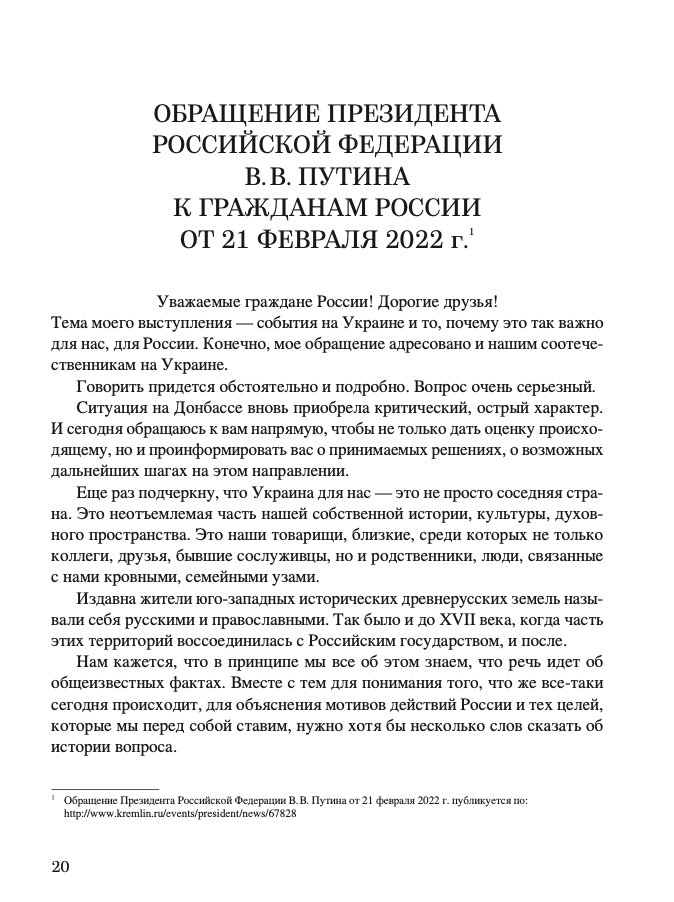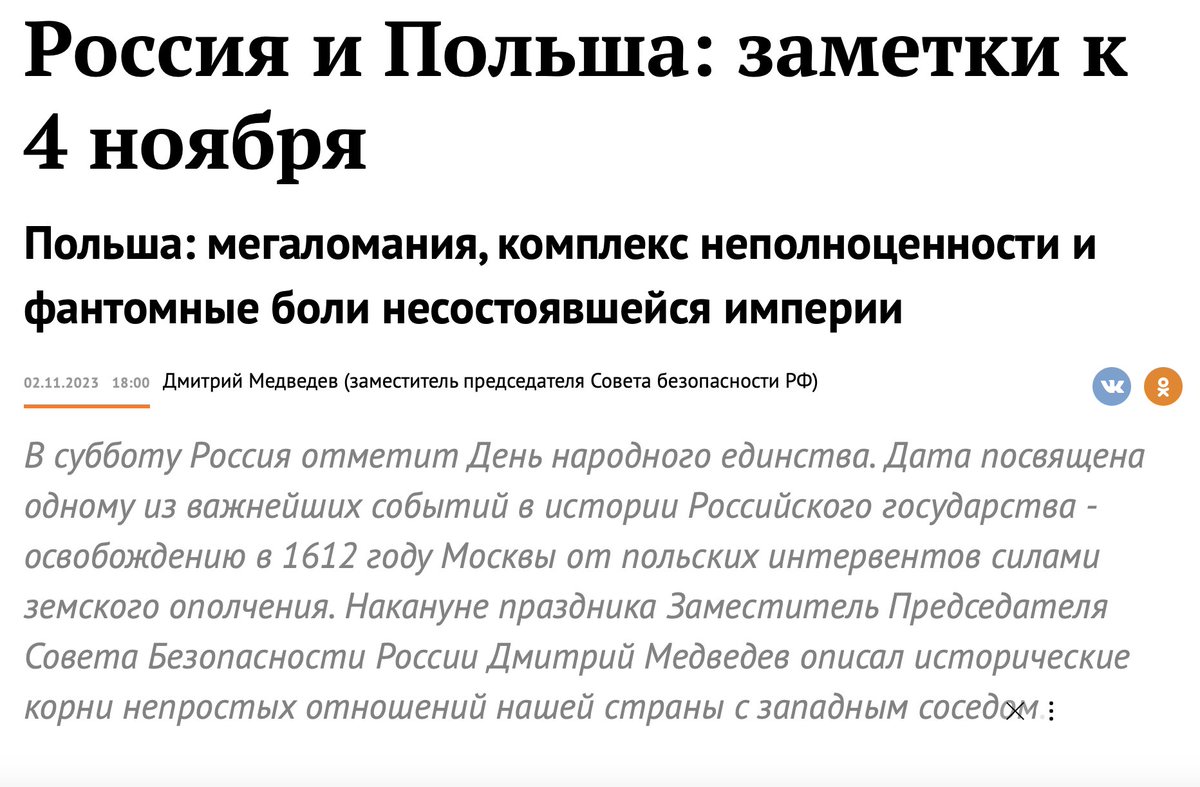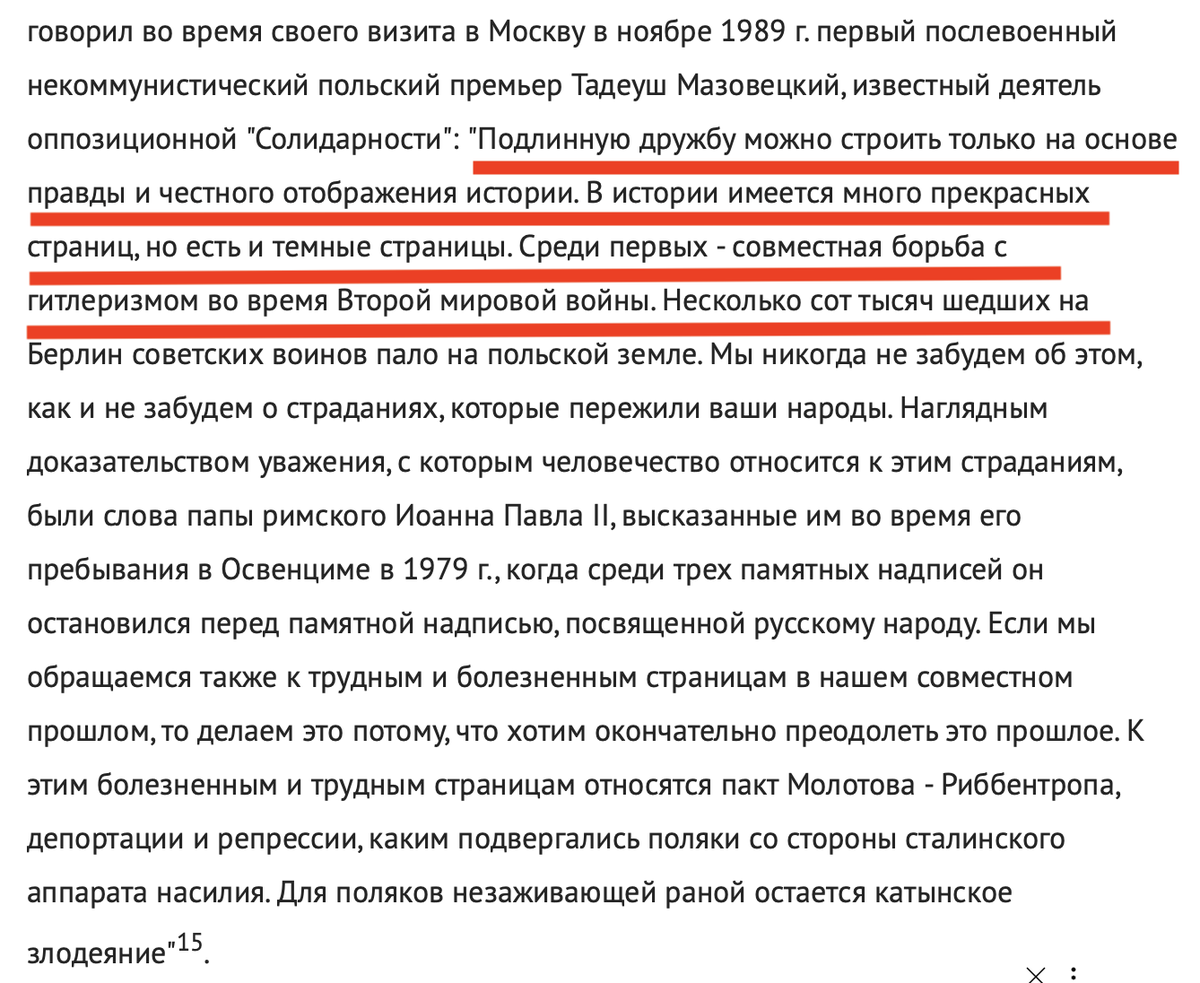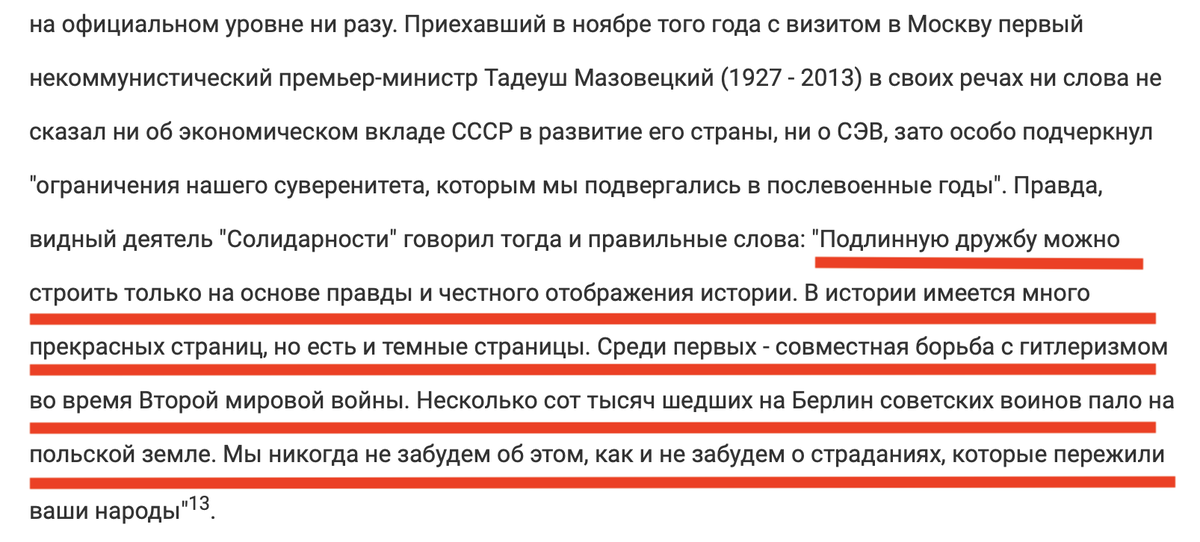In anticipation of a quick victory, Russia’s flagship news show “Vesti nedeli” gives the domestic audience two reasons of why Russia invaded Ukraine: to reshape the world and to eliminate the artificial Ukrainian nation. 1/ 
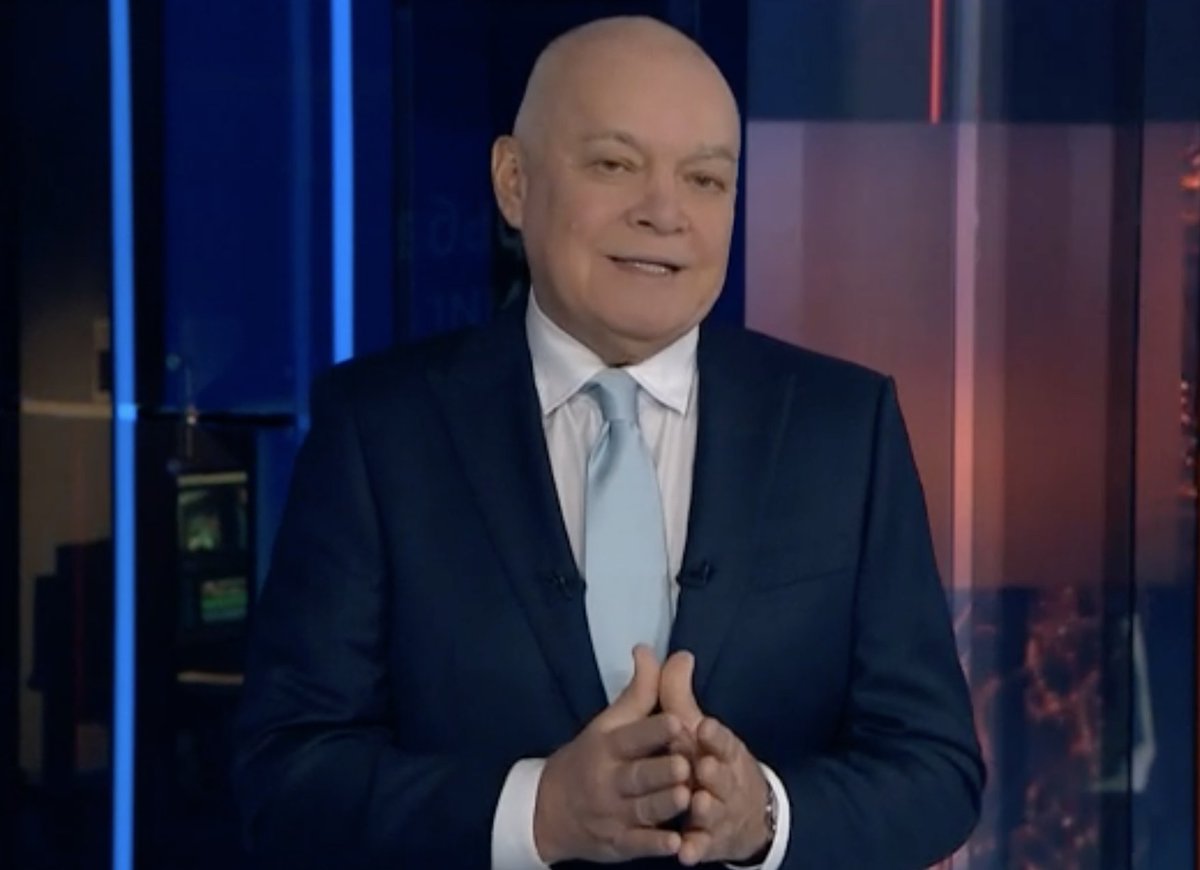
The Kremlin's chief propagandist Dmitry Kiselev says that Russia's primary goal is the imposition of a new world order (“novaia konstruktsiia mira”). The message “Bor'ba za mir” is intentionally ambivalent. It means both “a struggle for peace” and “a struggle for the world.” 2/ 

The second goal is, naturally, to abolish Ukraine as such. The existence of Ukraine creates an artificial division *within* the Russian nation based on political grounds, like in East and West Germany or in North and South Korea. 3/
What Russia seeks, he says, is “the recognition of the war as a civil one and the unification of the single nation in the end.” This is already a war *within* Russia. Odesa, he claims, is already Russia. Its residents are already "our Odesans." 4/
Emboldened by the "Ukraine fatigue" in the West and the expected end of arms supplies to Ukraine, Russian propaganda is as outspoken as never before. 5/
• • •
Missing some Tweet in this thread? You can try to
force a refresh

 Read on Twitter
Read on Twitter



